By 7053496979
•
February 3, 2024
Are you looking to optimize the performance of your AC unit? Proper placement is key to ensuring efficient airflow , energy efficiency , and indoor air quality . In this article by Roman's Service Cooling & Heating in North Port, Florida , we discuss the importance of AC unit placement and provide valuable tips on factors to consider, best practices, and common mistakes to avoid. Stay tuned to learn how to make the most out of your AC unit placement for a comfortable and cost-effective cooling experience. Why is Proper AC Unit Placement Important? Proper AC unit placement is crucial for maintaining optimal airflow and ensuring efficient cooling and heating in your living or working space. It plays a significant role in regulating the indoor climate and enhancing overall comfort. By strategically positioning your AC unit, you can maximize its effectiveness, leading to energy savings and prolonged system lifespan. Improper placement can obstruct airflow, causing uneven temperature distribution and putting unnecessary strain on your HVAC system. This can result in decreased efficiency, higher energy bills, and a decreased lifespan for your unit. Correct placement can help improve indoor air quality by ensuring that air circulates effectively, reducing the buildup of allergens and pollutants within your living environment. How Does AC Unit Placement Affect Airflow? The placement of your AC unit significantly impacts the airflow within your space, influencing how effectively air is distributed for optimal cooling and heating. Proper AC unit placement is essential for maximizing airflow efficiency and maintaining consistent temperature regulation throughout the area. When an AC unit is correctly positioned, it facilitates the smooth circulation of air, preventing hot or cold spots and ensuring a comfortable environment. Inadequate airflow caused by improper placement can lead to inefficient cooling or heating, resulting in uneven temperatures and potential energy waste. By strategically placing your AC unit, you can enhance air ventilation, improving indoor air quality and overall comfort. Optimizing airflow management not only promotes better air distribution but also helps reduce humidity levels, creating a healthier and more pleasant atmosphere. How Does AC Unit Placement Affect Energy Efficiency? The strategic placement of your AC unit directly impacts the energy efficiency of your cooling and heating systems. Proper AC unit placement can lead to significant energy savings by optimizing cooling efficiency and reducing unnecessary energy consumption. When the AC unit is positioned correctly, it can cool your space more effectively, allowing the system to operate more efficiently. For instance, placing the unit in a shady spot can reduce the workload on the system by minimizing direct exposure to sunlight and lowering the overall temperature of the unit. This can result in less energy being consumed to maintain a comfortable indoor climate, translating into cost savings on your energy bills. Ensuring proper airflow around the unit by keeping clearances can further enhance its efficiency and decrease energy usage. How Does AC Unit Placement Affect Indoor Air Quality? The position of your AC unit significantly influences indoor air quality by affecting air circulation and filtration. Proper AC unit placement plays a crucial role in ensuring that air filters can effectively clean the air and maintain a healthy indoor environment. When an AC unit is placed correctly, it helps in reducing the amount of dust, pollen, and other pollutants in the air, thus improving overall air quality. By strategically positioning the unit away from obstacles that may block airflow, such as furniture or curtains, you can enhance its ability to circulate clean air throughout the room. This is especially important for individuals with respiratory issues or allergies, as clean air can significantly impact their health and well-being. Factors to Consider for AC Unit Placement When determining the placement of your AC unit, several key factors should be considered to ensure optimal performance and longevity of your HVAC system. Factors such as the size and type of the AC unit, the layout of your home or building, sun exposure, and proximity to obstructions all play a significant role in determining the ideal placement. The size and type of the AC unit are crucial as they impact the cooling capacity and energy efficiency of the system. A unit that is too small for the space will struggle to cool effectively, leading to increased energy consumption and potential wear on components. Conversely, an oversized unit may cycle on and off frequently, causing unnecessary strain. The layout of your home or building also influences placement, with considerations like airflow dynamics, accessibility for HVAC installation, and ease of maintenance affecting overall system performance. Size and Type of AC Unit The size and type of your AC unit are critical considerations when determining the optimal placement for efficient performance. Different HVAC technologies and airflow strategies may require specific placement configurations to maximize cooling and heating effectiveness. Proper placement of ductless mini-split systems , which employ an individual air handler for each room, can improve airflow distribution and enhance overall indoor air quality by eliminating ductwork issues. Understanding these factors can greatly influence the efficiency and effectiveness of your AC system. Layout of Home or Building The layout of your home or building plays a significant role in determining the ideal placement for your AC unit. Factors such as ductwork design and airflow analysis are crucial in identifying the most efficient locations for optimal cooling and heating distribution. Considerations like the proximity of windows, doors, and other sources of potential heat loss or gain need to be factored in when deciding on the final placement of the AC unit. Ensuring proper airflow throughout the space is essential for maintaining consistent comfort levels and avoiding energy wastage. By strategically placing the unit based on these factors, you not only enhance its performance but also improve overall energy efficiency in your home or building. Sun Exposure and Shading Sun exposure and shading are essential factors to consider when determining the placement of your AC unit. Direct sunlight can impact cooling efficiency, while proper shading can help maintain a comfortable indoor environment and improve energy efficiency. It is crucial to analyze the patterns of sunlight in your area throughout the day to identify the ideal location for installing your AC unit. By strategically placing the unit in a shaded area, such as under a tree or an awning, you can significantly reduce heat absorption and ensure optimal performance. Incorporating landscaping elements like tall bushes or trellises can create natural shading, further enhancing the cooling effect. These simple cooling tips can not only enhance the longevity of your AC unit but also contribute to lowering your energy bills. Proximity to Obstructions The proximity of your AC unit to obstructions can impact airflow and overall system efficiency. Ensuring that the unit is clear of any obstructions can enhance airflow and improve the performance of your cooling and heating system. This simple maintenance task not only promotes efficient airflow but also aids in preventing overworking of the system components, potentially extending the lifespan of your AC unit. By allowing unobstructed airflow, the unit can operate smoothly without unnecessary strain, leading to more consistent temperature regulation and lower energy consumption. Maintaining a clear path around the AC unit can also help in reducing the accumulation of dust and debris, contributing to better indoor air quality. Therefore, regular checks for obstructions are essential for optimal AC performance and long-term functionality. Best Practices for AC Unit Placement Implementing best practices for AC unit placement is essential for ensuring efficient air circulation and maximizing the performance of your HVAC system. By following these guidelines, you can optimize airflow, enhance cooling efficiency, and potentially reduce energy consumption. One key tip is to avoid placing furniture or other obstacles near the vents as they can obstruct the airflow, resulting in diminished cooling. Periodic HVAC upgrades can contribute significantly to improving air circulation and overall system efficiency. Upgrading to newer models with advanced features such as variable-speed fans or programmable thermostats can enhance comfort levels while also reducing energy costs. Remember, proper maintenance and regular filter changes are crucial in ensuring that your HVAC system operates at its best. Keep the AC Unit Away from Direct Sunlight One crucial best practice for AC unit placement is to avoid direct sunlight exposure. Placing the unit away from direct sunlight helps prevent overheating and ensures that the system operates efficiently, utilizing effective airflow strategies for optimal performance. By keeping the AC unit shielded from direct sunlight, it not only reduces the risk of overheating but also extends the lifespan of the equipment. Sunlight exposure can cause the unit to work harder than necessary, leading to increased energy consumption and potential damage. Optimal airflow is essential for the unit to cool the air effectively and maintain a consistent temperature indoors, which can be disrupted by excessive heat from direct sunlight. Therefore, positioning the AC unit strategically in a shaded area can significantly enhance its performance and longevity. Ensure Adequate Clearance Around AC Unit Maintaining adequate clearance around your AC unit is essential for proper airflow and efficient operation. Adequate space ensures that the system can intake and exhaust air effectively, enhancing cooling performance and facilitating HVAC maintenance . Without enough clearance, the AC unit may struggle to function optimally, leading to decreased efficiency and potential system malfunctions. By keeping the surrounding area clear of any obstructions such as debris, vegetation, or other objects, you allow the unit to operate at its best capacity. This simple maintenance tip not only helps in maintaining cooling performance but also extends the lifespan of your HVAC system, saving you money on costly repairs in the long run. Consider the Direction of Airflow Considering the direction of airflow when placing your AC unit can significantly impact its performance and efficiency. Properly aligning the unit to optimize airflow direction enhances cooling and heating effectiveness, reducing the need for HVAC repair. This strategic placement not only ensures consistent and uniform temperature distribution throughout your space but also minimizes the workload on your HVAC system, leading to potential cost savings on energy bills in the long run. By having the airflow direction properly set up, you can improve air quality within your home or office, as well as prolong the lifespan of your HVAC unit by avoiding unnecessary strain and wear caused by inefficient airflow patterns. Avoid Placing AC Units Near Heat Sources To maintain efficient cooling performance, it's essential to avoid placing the AC unit near heat sources that can impact its operation. Keeping the unit away from heat sources ensures that it can effectively cool the space and maintain optimal cooling efficiency. When an air conditioning unit is situated near heat sources such as direct sunlight , appliances generating heat , or even lamps , the added warmth can interfere with the unit's ability to regulate temperature effectively. Heat sources can cause the AC unit to work harder, leading to increased energy consumption and potential strain on the system, ultimately reducing its overall cooling efficiency. By positioning the unit away from such sources, you allow it to function more efficiently and cool the room without unnecessary obstacles. Common Mistakes to Avoid when Placing AC Unit When placing your AC unit, it's crucial to avoid common mistakes that can compromise its efficiency and lead to potential HVAC repair issues. By steering clear of these errors, you can ensure optimal performance and longevity of your cooling and heating system. One common mistake to avoid is improper installation , which can result in air leaks and inadequate airflow. Improper sizing of the AC unit is another crucial error, as an oversized unit can lead to short cycling and inefficient operation, while an undersized unit will struggle to cool your space effectively. Neglecting regular maintenance is also a mistake that can wreak havoc on your system's efficiency and increase the risk of breakdowns. By being mindful of these mistakes and taking proactive measures, you can prevent costly HVAC repair bills and enjoy uninterrupted comfort in your home. Placing AC Unit in a Confined Space One common mistake to avoid is placing the AC unit in a confined space that restricts airflow and hampers its cooling and heating capabilities. Evaluating the space for adequate airflow is crucial to prevent inefficiencies and ensure optimal system operation. Insufficient airflow in a confined space can lead to a multitude of issues such as reduced cooling efficiency, increased energy consumption, and even potential damage to the AC unit itself. Without proper airflow, the system may struggle to maintain the desired temperature levels, resulting in discomfort for occupants. It's essential to have enough space around the unit for proper ventilation, allowing it to function at its best capacity. Regularly checking and maintaining airflow in the designated area will not only enhance the unit's performance but also prolong its lifespan. Blocking Airflow with Furniture or Decorations Another mistake to avoid is blocking airflow around the AC unit with furniture or decorations, which can impede proper air circulation and cooling effectiveness. Maintaining clear airflow paths is essential for efficient cooling and heating operations. When airflow is obstructed by objects near the AC unit, the system has to work harder to push air through the blockage, leading to increased energy consumption and reduced cooling efficiency. Restricted airflow can cause the AC unit to overheat, potentially damaging its components and reducing its lifespan. Ensuring that no barriers are hindering the flow of air around the unit allows it to function optimally and maintain a comfortable indoor temperature. Proper airflow control is key to maximizing the performance and longevity of your air conditioning system. Placing the AC Unit Too Close to Windows or Doors Placing the AC unit too close to windows or doors can disrupt airflow patterns and compromise its cooling and heating efficiency. Monitoring airflow around the unit and maintaining adequate distance from openings is vital for optimal system performance. When the AC unit is positioned near windows or doors, the airflow might be obstructed, leading to reduced efficiency in maintaining desired temperatures within the space. To avoid such issues, homeowners should be mindful of the airflow dynamics and ensure that there is enough space around the unit for proper ventilation. By monitoring airflow patterns and keeping the unit away from direct paths to openings, one can optimize the functionality of the AC system and enhance overall comfort levels in the living environment. Neglecting Regular Maintenance and Cleaning Neglecting regular maintenance and cleaning of your AC unit can lead to operational issues and reduced efficiency over time. Proper HVAC upkeep, including scheduled maintenance and cleaning, is essential for preserving the performance and longevity of your cooling and heating system. Failure to adhere to a consistent schedule of maintenance tasks, such as changing filters, clearing debris, and checking for leaks, can result in the accumulation of dirt and dust within the unit, hindering airflow and causing strain on the system. This strain often leads to increased energy consumption, higher utility bills, and a decline in overall comfort levels within your home. By neglecting these crucial maintenance routines, not only do you risk costly repairs and premature system failure, but you also compromise the air quality and health of your indoor environment.
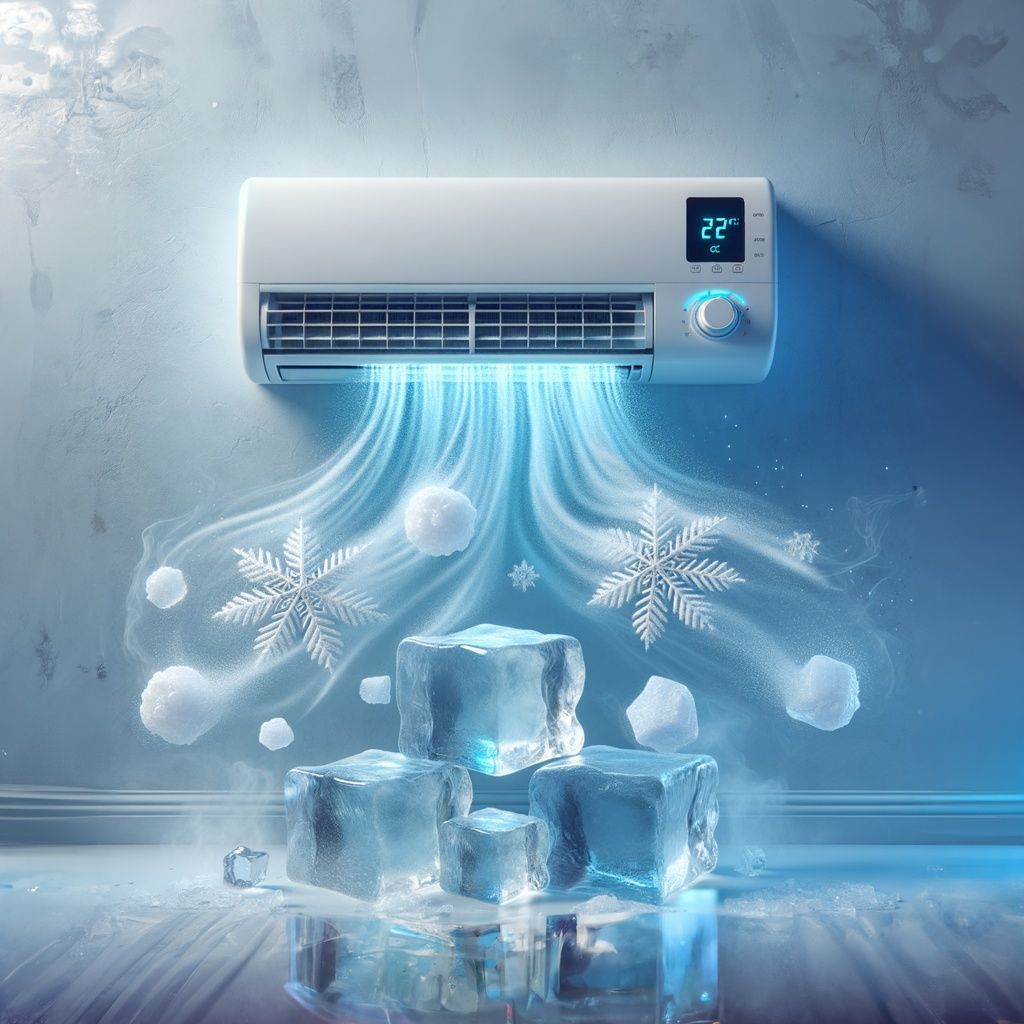
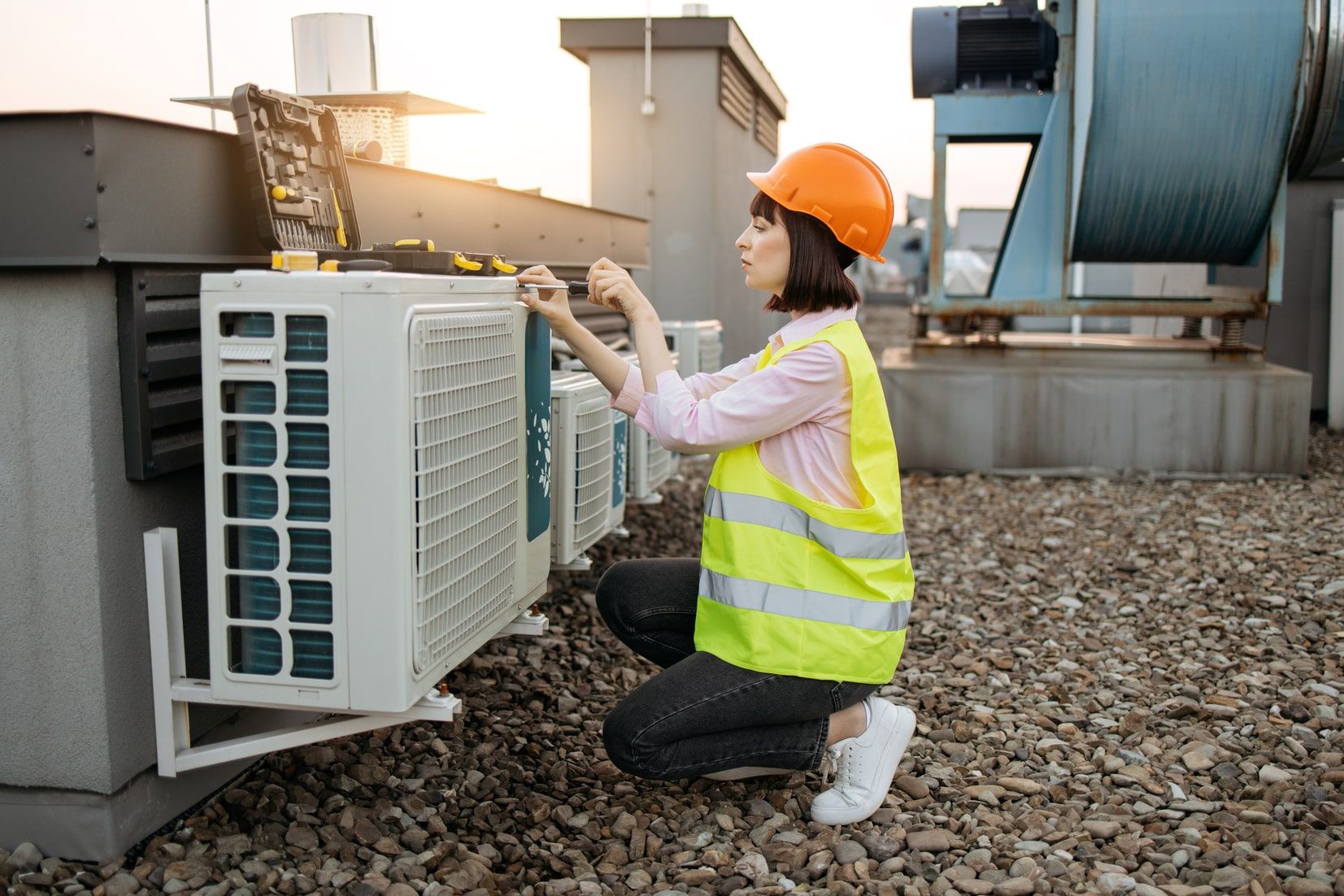
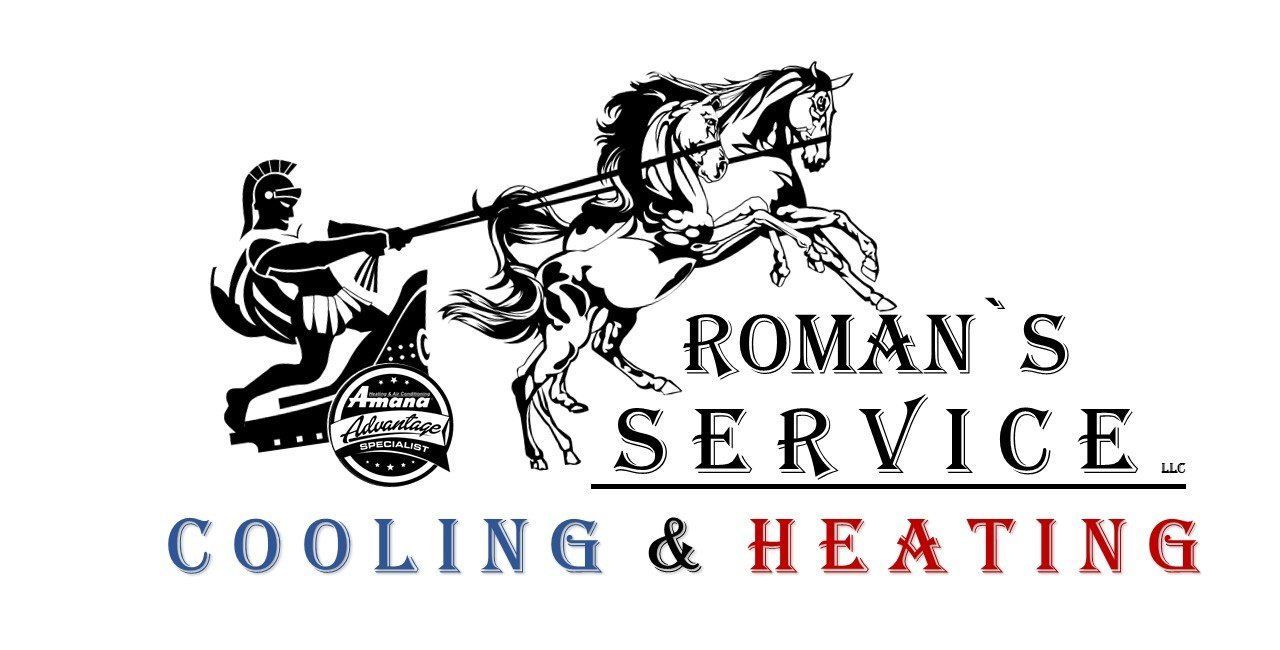
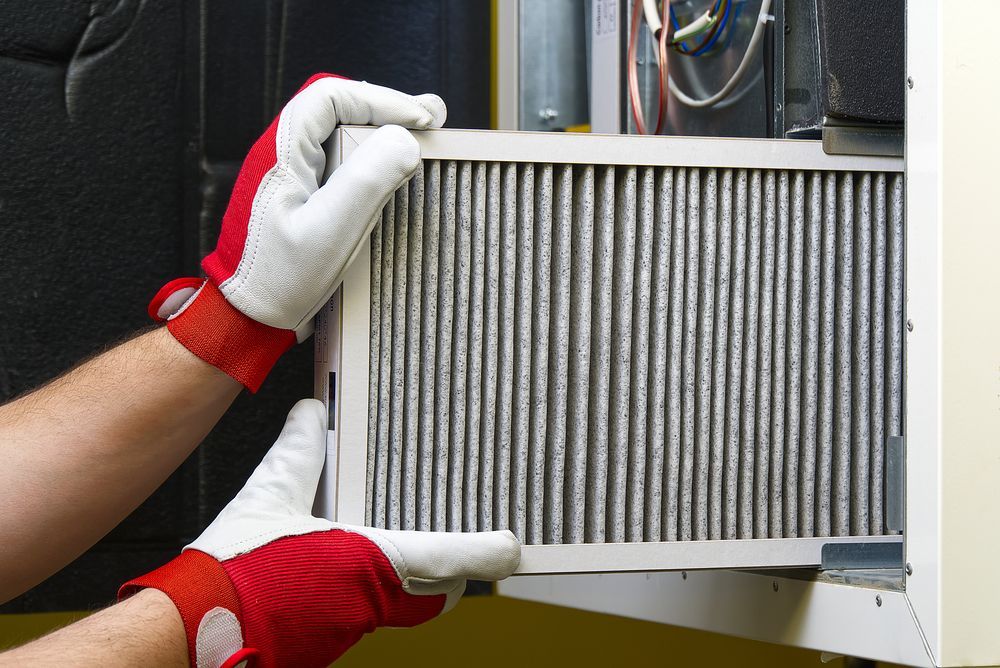
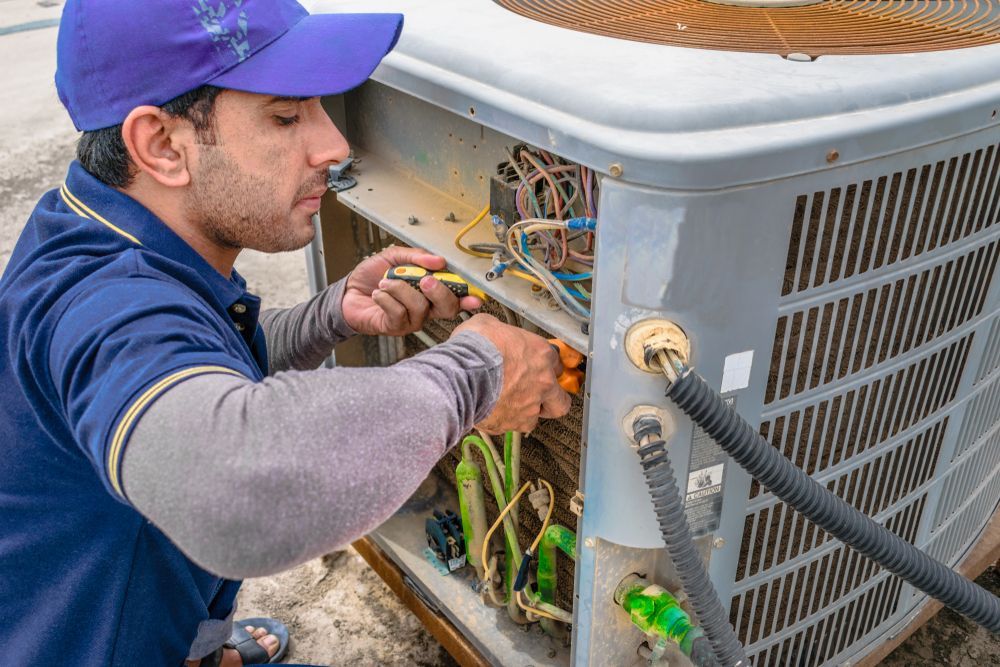
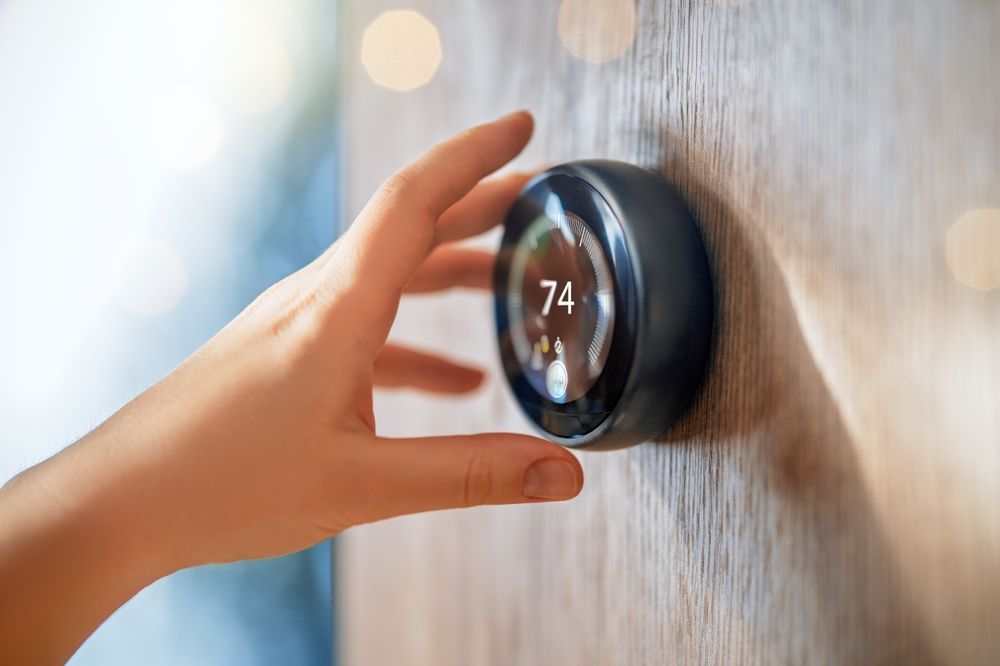
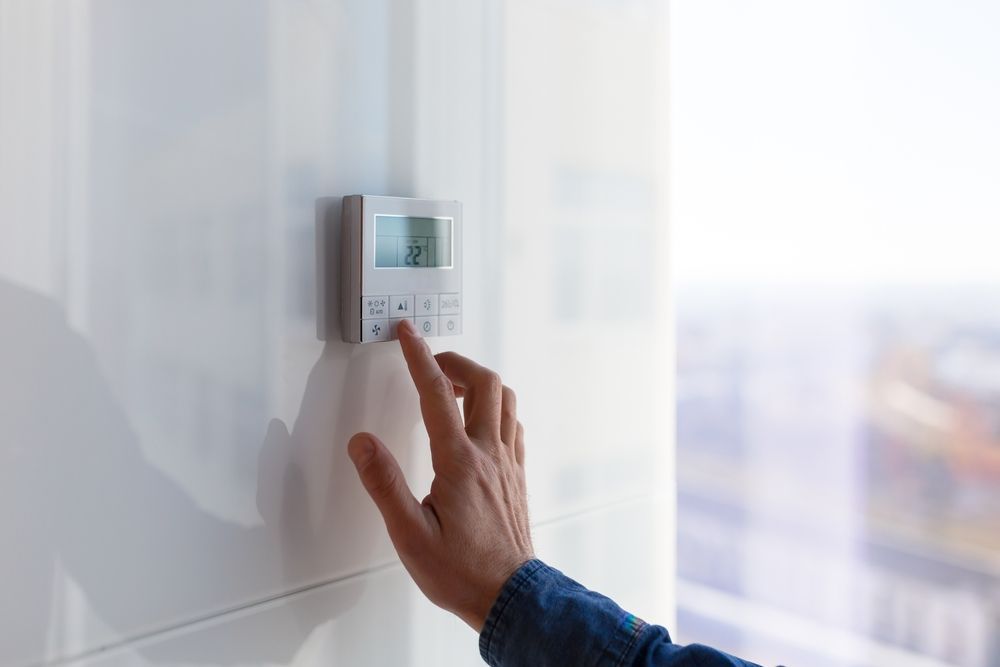
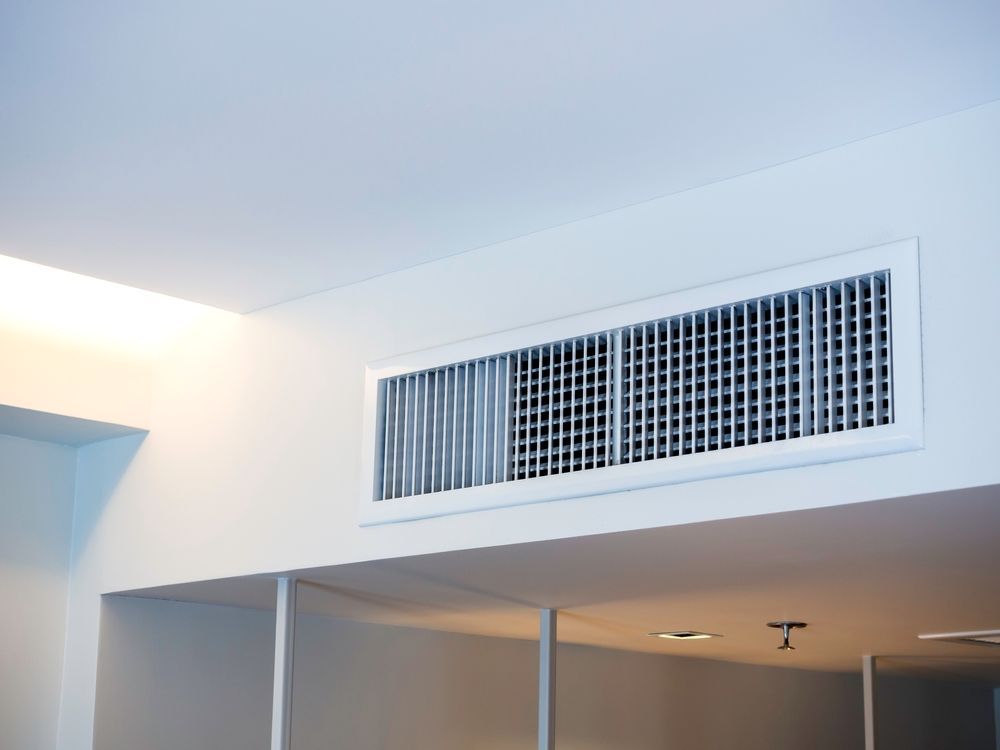
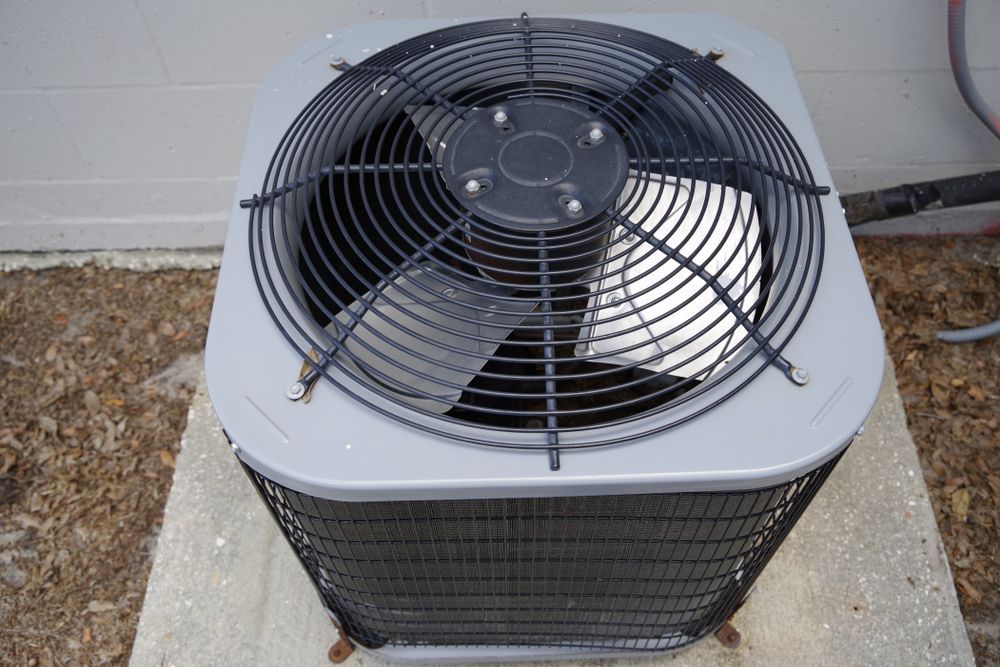
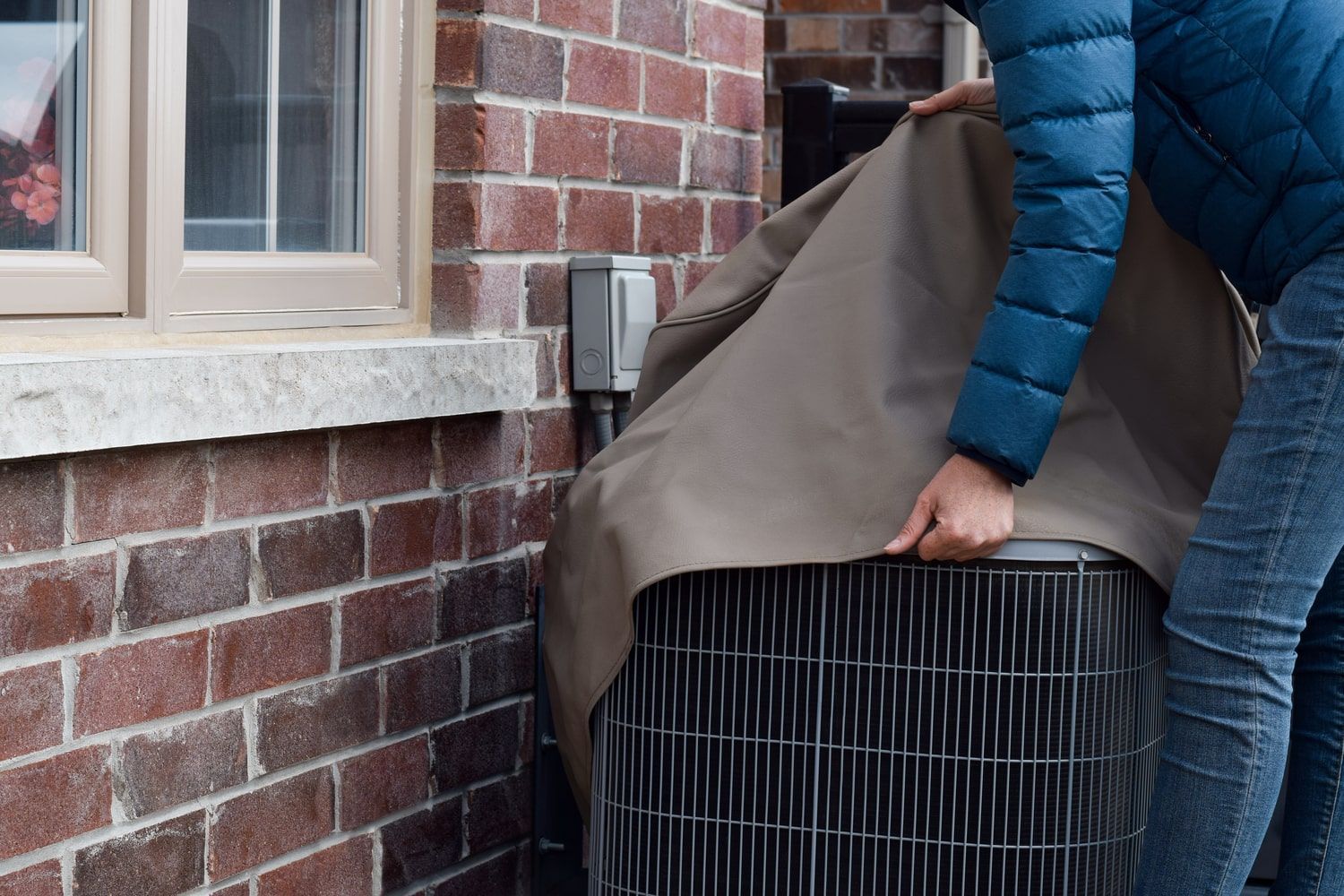
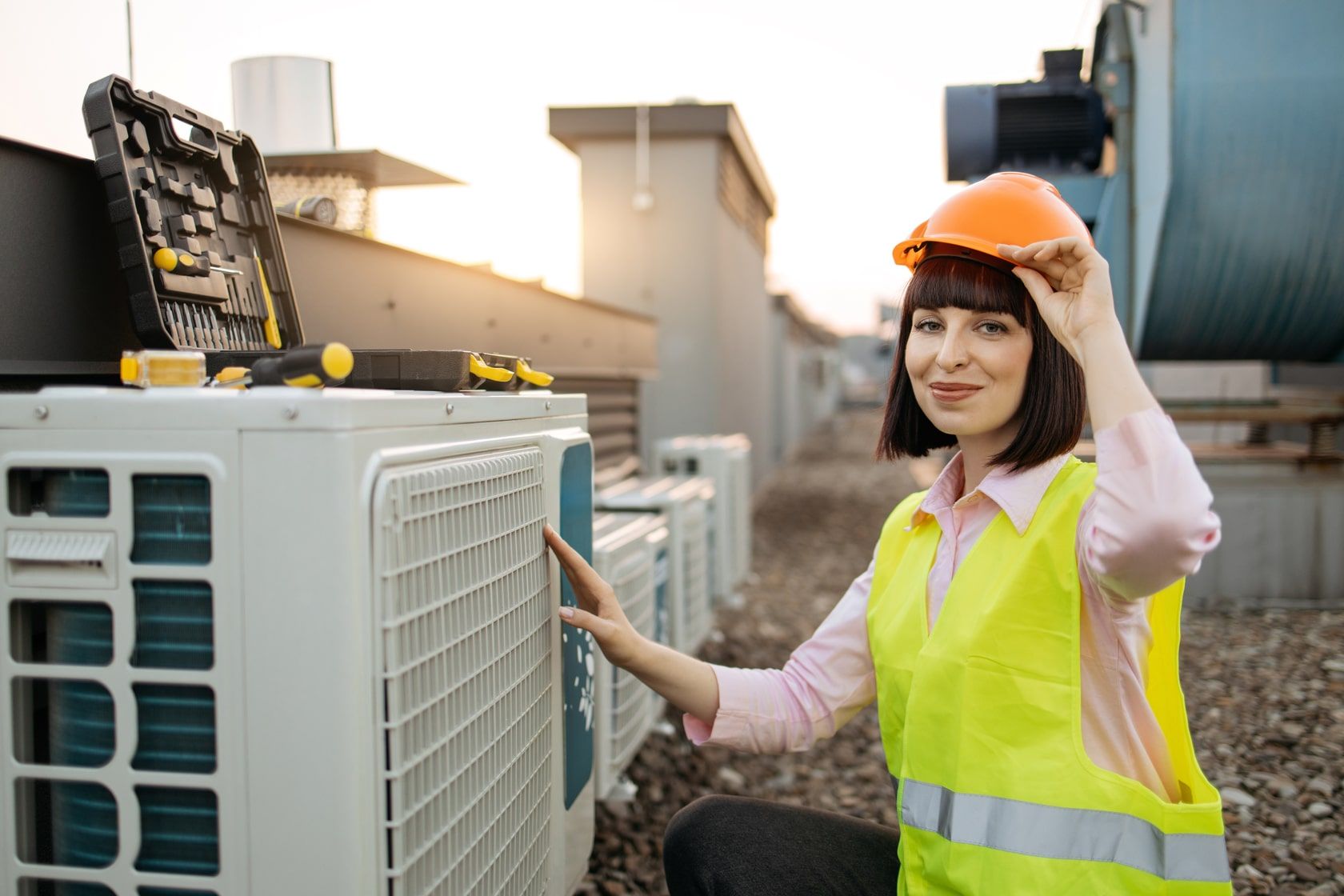
Share On: